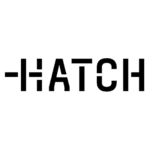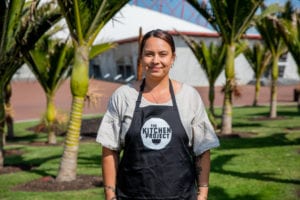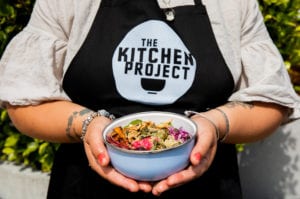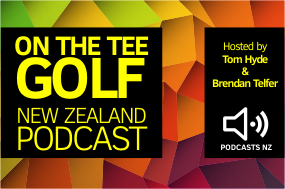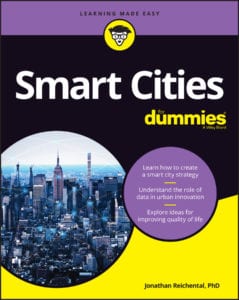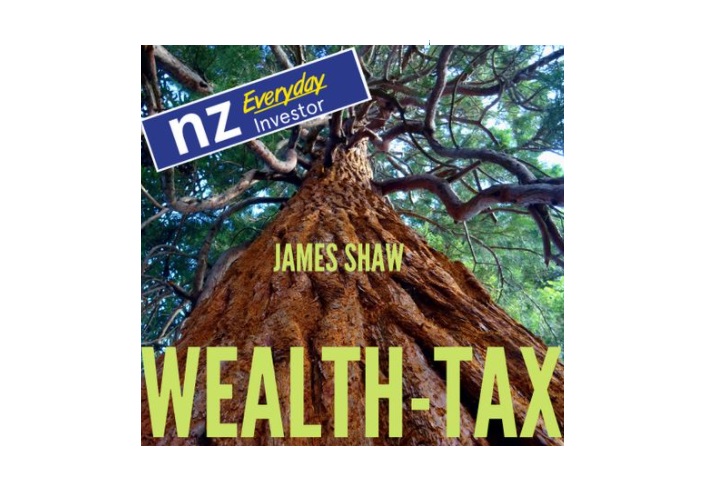
Wealth Tax – The Green Party Explains / James Shaw
Tax series: Greens’ Shaw on the Wealth Tax
What is the Greens wealth tax that we’ve heard so much about? How much of it will we actually come into fruition if they come into power this election? How is it going to impact the growing number of New Zealanders relying on investments for their income? Today we’re joined by James Shaw, Green Party co-leader, to understand the thinking behind the party’s aggressive new tax plan.
This is the first in a brief series of podcasts where we explore how each party views wealth, and how they intend on making it easier, or harder, for the everyday Kiwi to grow it.
_________________________________________________
For too long I think, the mainstream of New Zealand has been fixated on income exclusively, and not nearly enough on capital gains when it comes to making investment decisions, and tax policy too.
We’re taught from a young age to get educated, get a good job, pay your taxes, repay debt, and then invest, ideally in things that produce positive cashflow; usually in that order.
This default ‘value-investing’ paradigm places a relatively low reliance on expected gains we should be making on our investments. Is this really the way it’s going to work from here on in, when incomes are now increasingly likely to be at risk of being disrupted in a post-Covid world?
Our tax system, in NZ anyway, also supports this baseline assumption that you’re rich if you earn ‘high income’ (a relative statement!). But would you really call a sole earner of a five person family who makes $200,000 a year “rich”? What about a bachelor making $80,000 a year, but with more than a million worth of inherited assets?
You may think we pay a reasonable amount of tax already in NZ, although I suppose the less you earn, the higher you think the tax rate should be, and vice versa. So while your income is taxed on the way into investments, in many (but not all) cases, the growth in your investments is largely un-taxed.
This favours those who are ‘already there’, and makes it harder for those trying to get there. The fruit the tree produces gets the attention, but the tree itself is left alone.
In the new world we’re living in, complete with money printing from our central banks, it’s clear we’re heading into a space where gains on investments (capital gains) perhaps can be considered more reliable than our incomes. Understandably then, the government will try to position itself to benefit from this trend – perpetual money creation to solve the immediate problem will only get us so far.
Shaw was coy on whether he thinks any of their bold tax proposal will actually come to fruition, but he did take some time to explain exactly how they arrived at their proposal today. I for one don’t love the idea of the government hacking away at my trunk, when they’re already getting a good slice of the fruits from my tree. On the other hand, I recognise the need for society to solve the issue of our widening wealth gap. What do you think about the Greens’ ideas? Leave a comment on our social media, or drop us a line at darcy.ungaro@nzeverydayinvestor.com to share your thoughts.
________________________________________________________________
The NZ Everyday Investor is brought to you in partnership with Hatch. Hatch, let’s you become a shareholder in the world’s biggest companies and funds. We’re talking about Apple and Zoom, Vanguard and Blackrock.
So, if you’re listening in right now and have thought about investing in the US share markets, well, Hatch has given us a special offer just for you… they’ll give you a $20 NZD top-up when you make an initial deposit into your Hatch account of $100NZD or more.
Just go to https://hatch.as/NZEverydayInvestor to grab your top up.
________________________________________________________
Like what you’ve heard?
You can really help with the success of the NZ Everyday Investor by doing the following:
1- Tell your friends!
2- Write a review on Facebook, or your favourite podcast player
3- Help support the mission of our show on Patreon by contributing here
4- To catch the live episodes, please ensure you have subscribed to us on Youtube:
5- Sign up to our newsletter here
NZ Everyday Investor is on a mission to increase financial literacy and make investing more accessible for the everyday person!
Please ensure that you act independently from any of the content provided in these episodes – it should not be considered personalised financial advice for you. This means, you should either do your own research taking on board a broad range of opinions, or ideally, consult and engage an authorised financial adviser to provide guidance around your specific goals and objectives.
______________________________

NZ Cyber Security update, Android 11 arrives, TikTok/Oracle Deal, Nvidia purchase of ARM
This week KPMG Cyber Security boss Philip Whitmore joins Paul Spain on NZ Tech Podcast to discuss the state of the play from a security perspective and reveals some interesting details about the scale of invoicing scams locally. Also on the agenda – the arrival of Android 11, TikTok/Oracle Deal, Nvidia purchase of ARM, COVID tracing and more.
Listen to the Podcast here:
Special thanks to organisations who support innovation and tech leadership in New Zealand by partnering with NZ Tech Podcast:
Umbrellar Connect
Sumo Logic
HP
Samsung
Vodafone NZ
Spark NZ
Vocus
Gorilla Technology
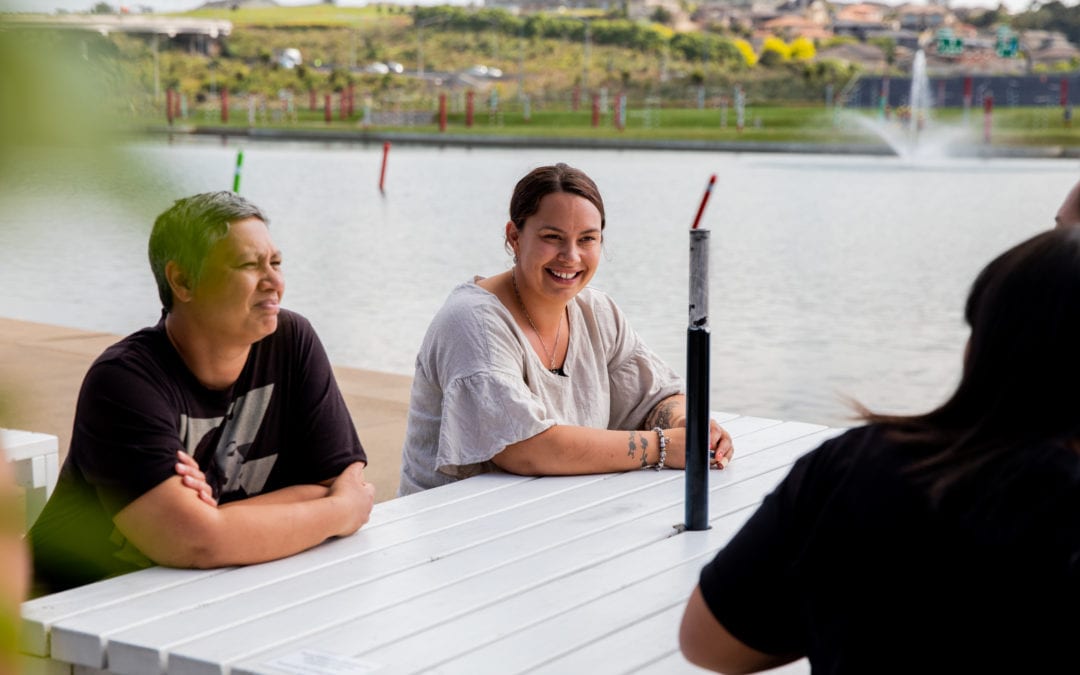
Giving Wings to Food Entrepreneur Dreams
Since 2018, The Kitchen Project has helped Auckland food entrepreneurs take their business to the next level. We chat with Project Manager Sreshta Sridhar and current cohort member, Te Reina Norton about the Kitchen Project and the tangible benefits an incubator such as theirs provides not only to entrepreneurs but also the wider community. Inspired by La Cocina in San Francisco – one of the most successful kitchen incubators in the United States – The Kitchen Project is a partnership set up by Auckland’s urban regeneration agency, Panuku Development Auckland and Auckland Tourism, Events and Economic Development (ATEED) with support from Healthy Families South Auckland and Healthy Families Waitakere.
Essentially, it is a part-time 26-week programme that covers everything from regulations, food safety and business planning, to finance, branding and marketing. What makes the program really stand out is the access it provides to its cohort and alumni to dedicated commercial kitchens thereby addressing one of the biggest hurdle food entrepreneurs face in their early days. Another unique aspect about the program is its commitment to celebrating the diversity of Auckland’s vibrant community.
Many of their alumni include business owners that have chosen to make New Zealand their home and don’t have the built-in support networks that come with living in the same place for decades. The Kitchen Project holds their hands and providers not only strategic mentorship but practical guidance and access to their valuable networks. Carmel’s Israeli Street Food, Sweet and Me, The Red Hot Kiwi Company and Banu’s Spices are just a few of their alumni that are today successfully selling their delicious food to Aucklanders thanks to The Kitchen Project
Joining us on this episode is TeReina Norton, Founder of The Little Plant Pantry who is also an alumnus of The Kitchen Project. Using the training and mentorship of program, Te Reina now makes and delivers delicious plant-based meals and treats to homes all over Auckland. In her own words, “In 25 weeks I have gone from being a stay at home mom who likes to cook and has an idea to being a business owner”.
On our episode we talk about:
- Why is The Kitchen Project focused on West and South Auckland communities?
- How a business incubator can help celebrate the diversity of Auckland’s communities
- Could a program like this be replicated across NZ?
- Challenges of growing a business when you don’t have a support network
- Addressing one of the biggest barrier to entry, access to a commercial kitchen
Listen to the Podcast Here:
The Kitchen Project is currently recruiting for its next cohort: www.thekitchenproject.co.nz
To order some treats from The Little Plant Pantry follow TeReina Norton on Facebook.
Quotes from the episode:
“When we looked at West and South Auckland, we realized that the local foodscape is not representative of the people that live there. These are areas dominated by fast food joints and we wanted to change that.”
“A lot of people have found The Kitchen Project when they google ‘Commercial Kitchens Auckland Cheap’. It’s a big barrier to entry for a lot of people. You may be able to operate from a home kitchen but you can rarely scale.”
“Having a network that holds you accountable is so important. When you’re faced with the day when you complete the initial checklist and you wonder what do I do next you have someone you can talk to who says right, do this next. It really helps.”
 Recipe: Coconut cashew fudge by The Little Plant Pantry
Recipe: Coconut cashew fudge by The Little Plant Pantry
Dates 150g
Coconut oil 25g
Brown rice malt syrup 90g
Cashew butter 200g
Coconut cream 110g
Cacao butter 50g
Coconut flour 60g
Maple syrup 30g
Gently melt coconut oil and cacao butter in saucepan. Add in brown rice malt syrup, coconut cream and maple. Add in dates to soften. Transfer to food processor and add in cashew butter and coconut flour and blitz until smooth and well combined.
Pour into lined pan and refrigerate overnight.
Slice and enjoy.
Slice will keep for a week in the fridge or longer in the freezer.
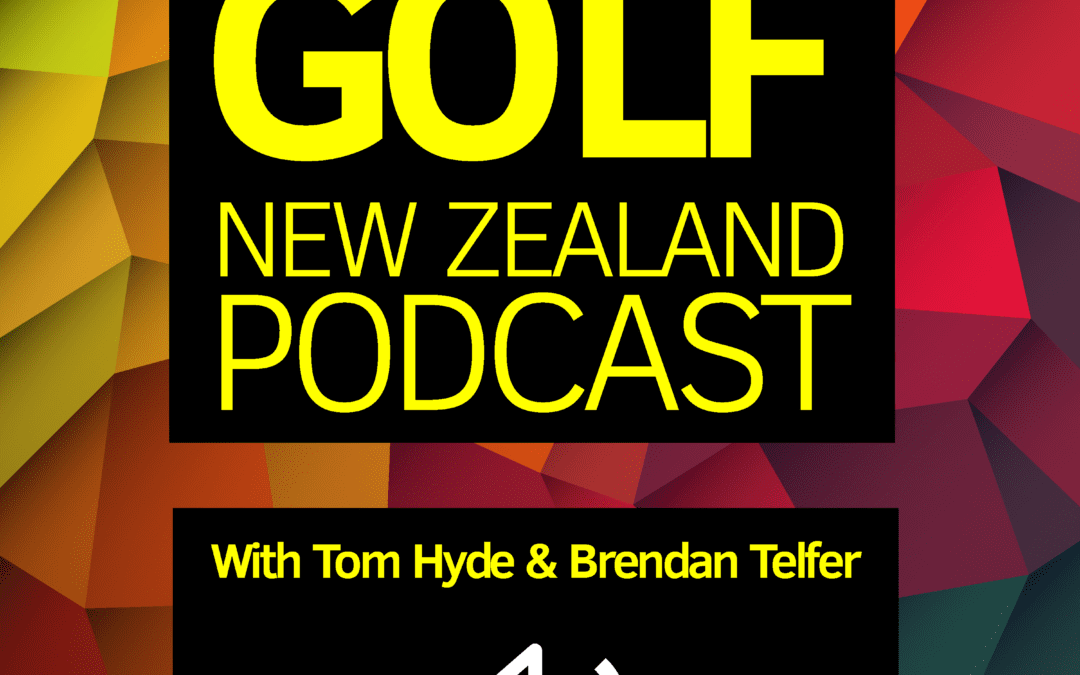
Covid 19 and the upsurge of people wanting to play golf in NZ
On The Tee’s latest podcast with Brendan Telfer visits two large metropolitan golf clubs to find out why one of the curious legacies of Covid 19 here in NZ has been the upsurge in people wanting to play golf.
Listen now:
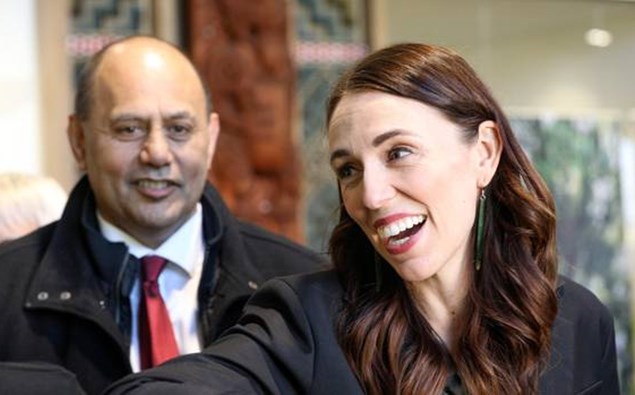
Labour’s promise for 100% renewable by 2030: smart or cynical?
Last week, the Labour Party unveiled an election promise to bring forward by five years the goal of 100 percent renewable electricity generation to 2030. It means NZ would join nations such as Iceland and Norway in leading the world in renewables and reinforce Jacinda Adern’s commitment to addressing climate change. It is after all, her generation’s nuclear free moment. But not everyone is impressed. Greenpeace has called policy ‘stingy’ and climate change journalist Marc Daalder describes it as a ‘red herring’. So is going 100% renewable by 2030 a bold plan for emissions reduction, or it is an expensive distraction while the rest of the country burns.
I was joined by Newsroom journalist Marc Daalder and by Greenpeace energy spokesperson Amanda Larsson to discuss the policy.
Hear the Podcast Here:
Read Marc’s excellent article about the policy here
Read Greenpeace’s statement about the policy here
Read the Labour Party policy statement here
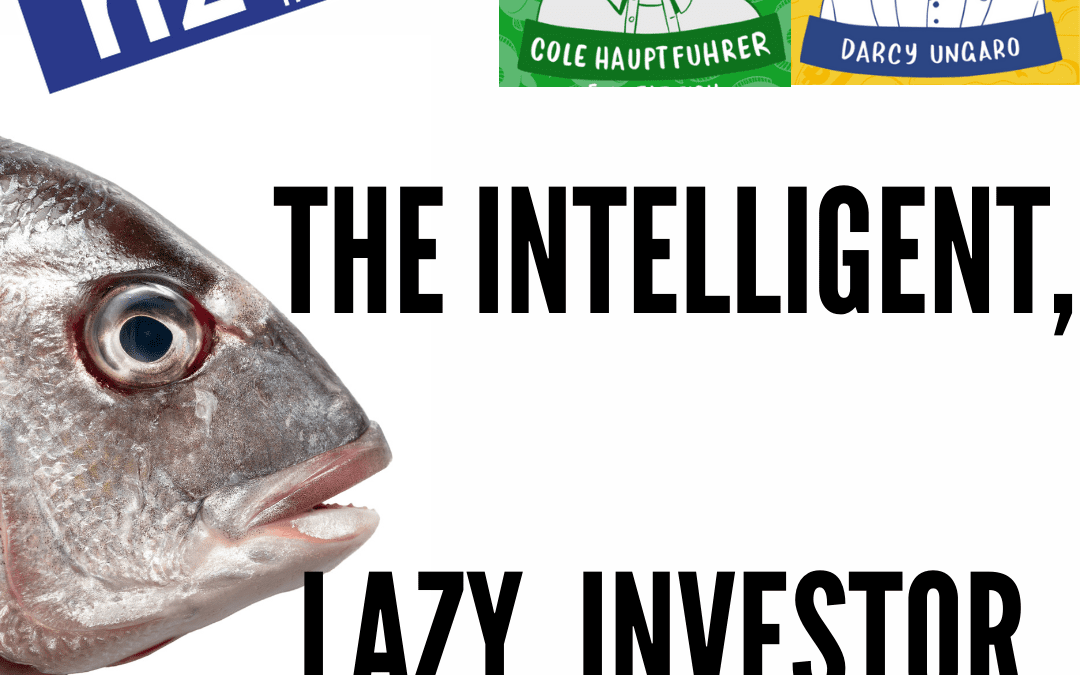
The Intelligent, Lazy Investor / Cole Hauptfuhrer
The Intelligent and Lazy Investor
Cole Hauptfuhrer, is a ‘focus investor’, who operates “Find Fat Fish,”. He has some interesting philosophies on (no) diversification, investing with your mind and your gut, and the quest to find the next Netflix. A good listen for everyday investors looking for a change from the stock standard investment advice.
While some people are happy throwing hand lines off the end of Devonport Pier, or wandering down rivers for hours trying to get enough whitebait to make a single breakfast patty, Cole is out at sea looking to land a Marlin big enough to feed him for a year.
Our refreshing conversation gives listeners a new perspective, potentially at odds with everyone’s favourite Warren Buffett quotes.
“I don’t see a mainstream counter argument to diversification anywhere,” said Cole.
And it’s true. Read any newspaper column, most financial pages, and have a chat with any rich uncle and they’re all probably going to be espousing the same ‘wisdoms’. But is investing in passive funds and ETFs really going to build the kind of wealth you’re looking for?
Cole’s first big fat fish was actually his first investment, Nintendo. He’d long been addicted to the product, which was the hook to dive deeper into the company, and then the investment opportunity.
He’s on a quest now to help others find their own fat fish.
“To me it’s a tragic comedy where you have people open up their apple laptop, log in through chrome, and binge Netflix as a way to ignore their money stresses. Those are three of the most successful stocks of our time.”
Your best bet for a first stock investment should always be something you’re passionate or ‘addicted’ to. Is there something like Netflix that has you so completely wrapped up in its arms every night? Isn’t that a good sign something is rather promising about a company?
It’s a reminder for me of the fact that I still do not own a single Tesla share. I own the car, and I’ve known for quite some time that EV’s are the future, but some invisible, procrastinating force meant I never pulled the trigger on actually buying any stock.
“Informed optimism allows you to take bold informed action while the world is paralysed. It’s the most overlooked asset in an investor’s tool box”
And it might just be true.
So this is where it gets real for and for me – are you in pursuit of alpha (better than the market) or just the average? Do you think Jeff Bezos believed in diversification or concentration? Going 100% all in on just two or three stocks doesn’t sit right with many of us in the investment community, but here’s where we look at what those with wealth have actually done. The benefits of getting your nose out of yet another Forbes analysis and actually putting your money where your brain is, is a pretty compelling argument.
_________________________________________________________________
The NZ Everyday Investor is brought to you in partnership with Hatch. Hatch, let’s you become a shareholder in the world’s biggest companies and funds. We’re talking about Apple and Zoom, Vanguard and Blackrock.
So, if you’re listening in right now and have thought about investing in the US share markets, well, Hatch has given us a special offer just for you… they’ll give you a $20 NZD top-up when you make an initial deposit into your Hatch account of $100NZD or more.
Just go to https://hatch.as/NZEverydayInvestor to grab your top up.
__________________________________________________________________
The NZ Everyday Investor would also like to acknowledge the support of kōura.
Most people fixate on just fees or historical returns when trying to choose a KiwiSaver fund. But professionals know there’s the third, arguably more essential component to consider – asset allocation. kōura’s digital advice tools will build you a KiwiSaver portfolio that has the perfect asset allocation just for you. Of course you could also just choose your own KiwiSaver portfolio with them too. Give them a try and see what your ideal KiwiSaver asset allocation looks like for you.
___________________________________________________________
Like what you’ve heard?
You can really help with the success of the NZ Everyday Investor by doing the following:
1- Tell your friends!
2- Write a review on Facebook, or your favourite podcast player
3- Help support the mission of our show on Patreon by contributing here
4- To catch the live episodes, please ensure you have subscribed to us on Youtube:
5- Sign up to our newsletter here
NZ Everyday Investor is on a mission to increase financial literacy and make investing more accessible for the everyday person!
Please ensure that you act independently from any of the content provided in these episodes – it should not be considered personalised financial advice for you. This means, you should either do your own research taking on board a broad range of opinions, or ideally, consult and engage an authorised financial adviser to provide guidance around your specific goals and objectives.
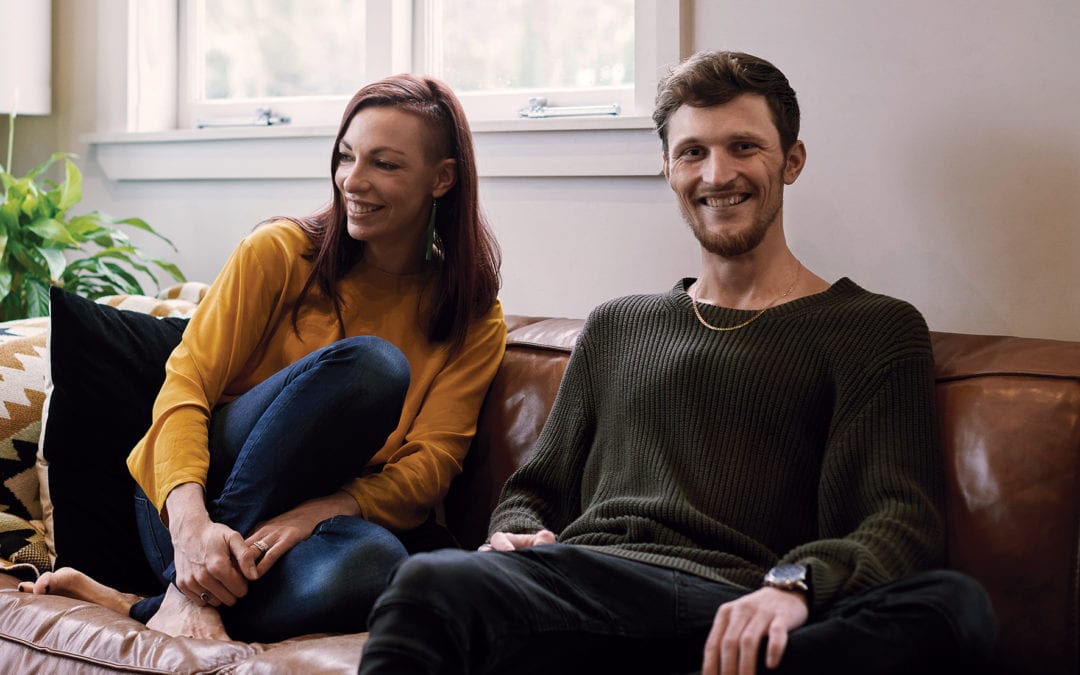
Cookware worth Inheriting
Joe Carter and Kate Slavin have both always been intrigued by culture and wanted to be a part of creating something that stood the test of time. In an era of disposable stuff, the team wanted to create a product that would last for generations. They settled on cast iron skillets, which have been around since the Iron Age. Also, both their families have had grannies that cooked in them and they’ve seen how cookware that lasts for years has the power to create a connection through time.
In 2019, they started The Ironclad Pan Company. All their cookware is 100% New Zealand made and hand-poured to order. They are also the only company in NZ that manufactures cast iron pans as it is a old school process and there are not many foundries in NZ that are willing (or have the ability) to make cookware. What’s great is that their pans come with a unique guarantee that lasts a 100-years and you don’t need to worry about taking care of the receipt because their guarantee is forged into the pan itself.
The Ironclad Pan Company’s pans are a versatile piece of cookware and have been endorsed by the likes of The Topp Twins, Peter Gordon and many other chefs.
On our episode we talk about:
- Importance of creating something meaningful that stands the test of time
- Why everyone needs some cast iron cookware in their kitchen
- How does a 100-year product guarantee work when you are a startup
- Cooking and caring for your cast iron cookware
- Can cookware be an heirloom you inherit?
Follow The Ironclad Pan Company story on www.ironcladpan.com or on Instagram @ironcladpan
Listen to the Podcast Here:

Covid Tracing, an autonomous future, Huawei’s take on the Apple Watch, Enlighten Designs
Damon Kelly joins Paul Spain to discuss the tech news of the week and a little about his firm Enlighten Designs. Topics include Covid Tracing, an autonomous future and Huawei’s take on the Apple Watch.
Listen to the Podcast here:
Special thanks to organisations who support innovation and tech leadership in New Zealand by partnering with NZ Tech Podcast:
Umbrellar Connect
Sumo Logic
HP
Samsung
Vodafone NZ
Spark NZ
Vocus
Gorilla Technology
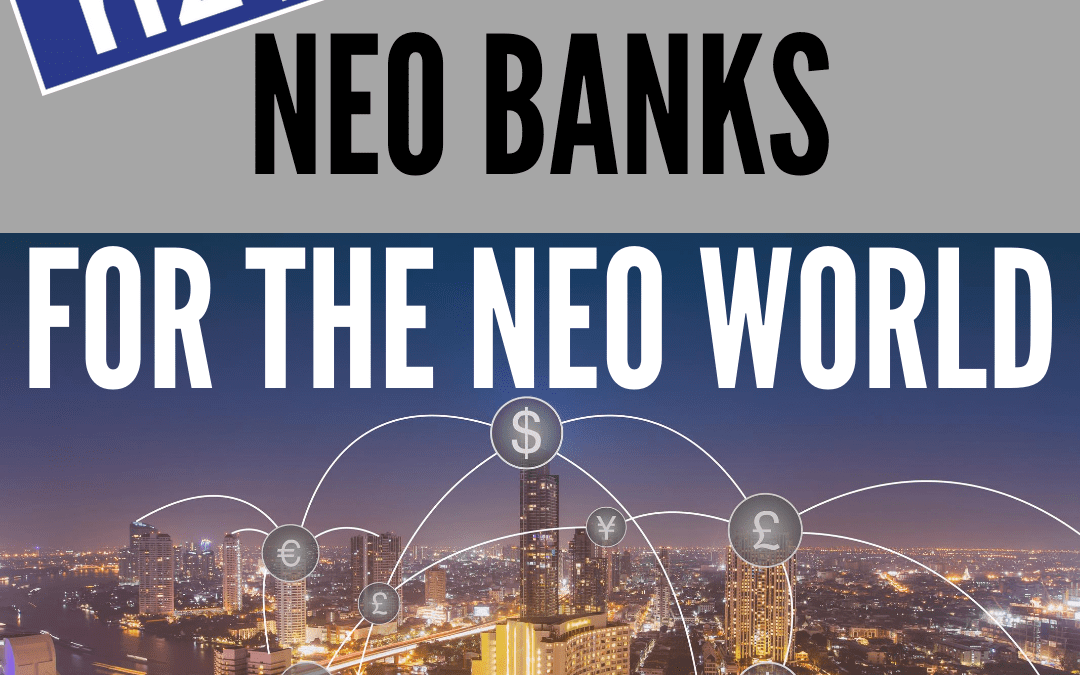
Neo Banks for the Neo World / Travis Tyler
THE BANKS ARE DEAD..LONG LIVE THE BANKS! Travis Tyler, from Australian Neo-bank 86:400 joins me to talk about how banks are being disrupted by fin-tech firms following the unctions of everyday users.
Neo Banks for the Neo World
In this episode, reformed banker Travis Tyler and I discuss building a new model of banking, open banking, and break down some of the challenges neo banking faces long term.
After a couple of lock downs this year, I’m reminded about how redundant so much of what bank branches do. Like many things, Covid defines what essential is. If it’s not essential, it’s not going to be profitable in the new world.
Travis, joining me from Sydney today, works for 86:400, an Australian “neo bank”. Neo banks are held to the same government standards and regulations as traditional banking, but what’s different is their lack of legacy. With smaller teams, and no bricks and mortar, neo banks are well-positioned to rebuild what banking should be, based on what customers want. Neo banks are a tasty option for tech-savvy people initially, but I can’t help but think this is the way of the future – a future that will be extremely disruptive for the status quo.
86:400, being the number of seconds in a day, is a company launched late last year, perfectly timed amidst the massive anti-bank blowback following the Royal Commission’s stiff review of Australian banking behaviour.
“Our whole model is built around delivering customer success with the belief that business success will follow,” said Tyler.
They’ve managed to do pretty well for themselves since launch, all things considered, even introducing Australia’s first neo bank mortgage, with some competitive rates to match.
The question for them now is, how can they thrive and make money in the current climate? Neo banks have been famously struggling to make a profit internationally, but 86:400 has a view that they can win with a broader product offering and an alliance with mortgage advisers for efficient distribution.
Where do we stand on neo banks in NZ?
New Zealand still seems to be stumbling around at the start line to get on the neo bank trend, with no local companies of the kind operational yet, despite rumours that Revolut might be eyeing up our pristine shores. More on this later.
The most significant point of resistance so far has been our non-existent open banking. The idea with open banking involves setting customer data free to roam the wild in an attempt to provide more of a benefit to the end-user. This allows for more streamlined money management for customers as well as encouraging a more competitive market.
Since the calls from Kris Faafoi for banks to share APIs, banks have potentially made a start down this path, but unless they set the data free soon, they risk being disrupted in a big, big way. Banks, like many financial institutions, thrive on customer inertia, so open banking presents a potential short term threat to their profitability. Will they play the game, resist the inevitable, or gobble up the threat? Time will tell. It’s going to take balsy leadership to lead the charge here.
Travis discusses open banking, the pros of neo banks and cons of legacy banks (from a reformed banker), and the potential for New Zealand to learn from the Aussies as we move into a new wave of digital disruption.
Click here for more information on 86:400
_________________________________________________________________
The NZ Everyday Investor is brought to you in partnership with Hatch. Hatch, let’s you become a shareholder in the world’s biggest companies and funds. We’re talking about Apple and Zoom, Vanguard and Blackrock.
So, if you’re listening in right now and have thought about investing in the US share markets, well, Hatch has given us a special offer just for you… they’ll give you a $20 NZD top-up when you make an initial deposit into your Hatch account of $100NZD or more.
Just go to https://hatch.as/NZEverydayInvestor to grab your top up.
__________________________________________________________________
The NZ Everyday Investor would also like to acknowledge the support of kōura.
Most people fixate on just fees or historical returns when trying to choose a KiwiSaver fund. But professionals know there’s the third, arguably more essential component to consider – asset allocation. kōura’s digital advice tools will build you a KiwiSaver portfolio that has the perfect asset allocation just for you. Of course you could also just choose your own KiwiSaver portfolio with them too. Give them a try and see what your ideal KiwiSaver asset allocation looks like for you.
___________________________________________________________
Like what you’ve heard?
You can really help with the success of the NZ Everyday Investor by doing the following:
1- Tell your friends!
2- Write a review on Facebook, or your favourite podcast player
3- Help support the mission of our show on Patreon by contributing here
4- To catch the live episodes, please ensure you have subscribed to us on Youtube:
5- Sign up to our newsletter here
NZ Everyday Investor is on a mission to increase financial literacy and make investing more accessible for the everyday person!
Please ensure that you act independently from any of the content provided in these episodes – it should not be considered personalised financial advice for you. This means, you should either do your own research taking on board a broad range of opinions, or ideally, consult and engage an authorised financial adviser to provide guidance around your specific goals and objectives.
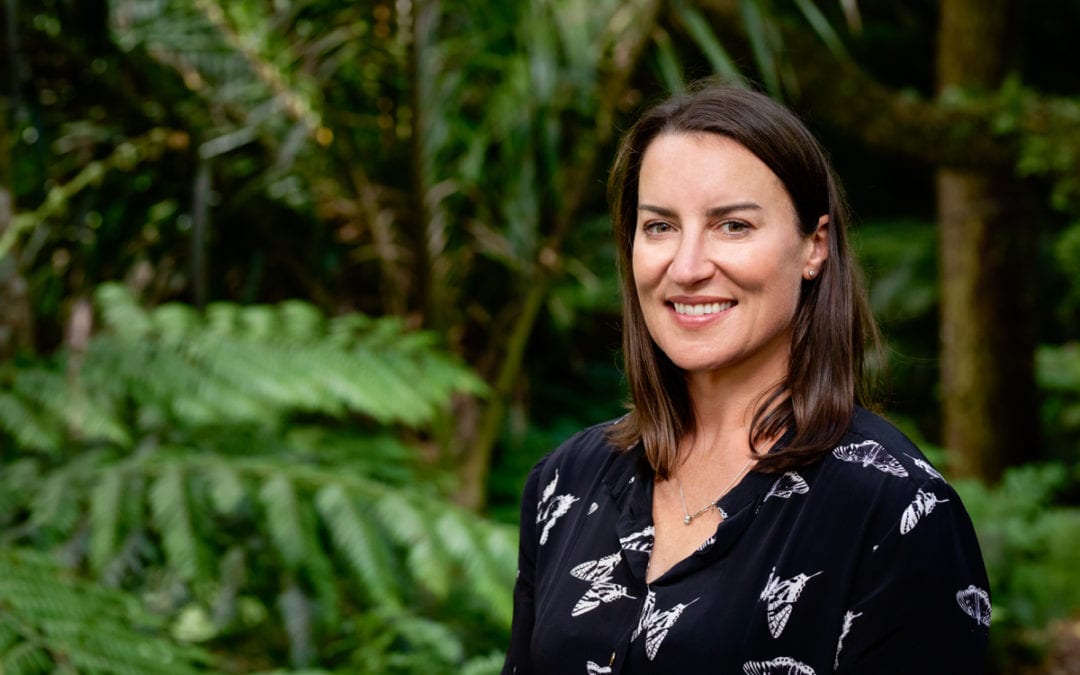
The Native Trees Conundrum: Adele Fitzpatrick of Trees That Count
Should native forests be harvested? Can they compete with pine as carbon sinks? And is biodiversity a better measure than carbon? Adele is the CEO of Trees that Count, an ambitious programme to plant 200 million native trees across NZ in the next decade. With 32 million planted since 2016, it has still got a long way to go but momentum is building with the business, community and government increasingly motivated to use native forests as carbon sinks and conversation projects. Native forests are under, from pests and disease and an emissions trading scheme that actively rewards pine plantations and punishes natives. How hopeful is Adele Fitzpatrick of Trees that Count of meeting that ambitious target and what needs to change?
Hear the Podcast Here:
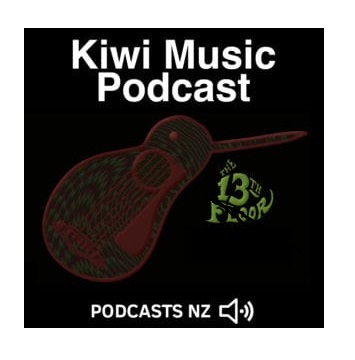
Don McGlashan
Don McGlashan delves into a discussion with Marty Duda on this, the first episode of the Kiwi Music Podcast – presented by 13th Floor and Podcasts NZ.
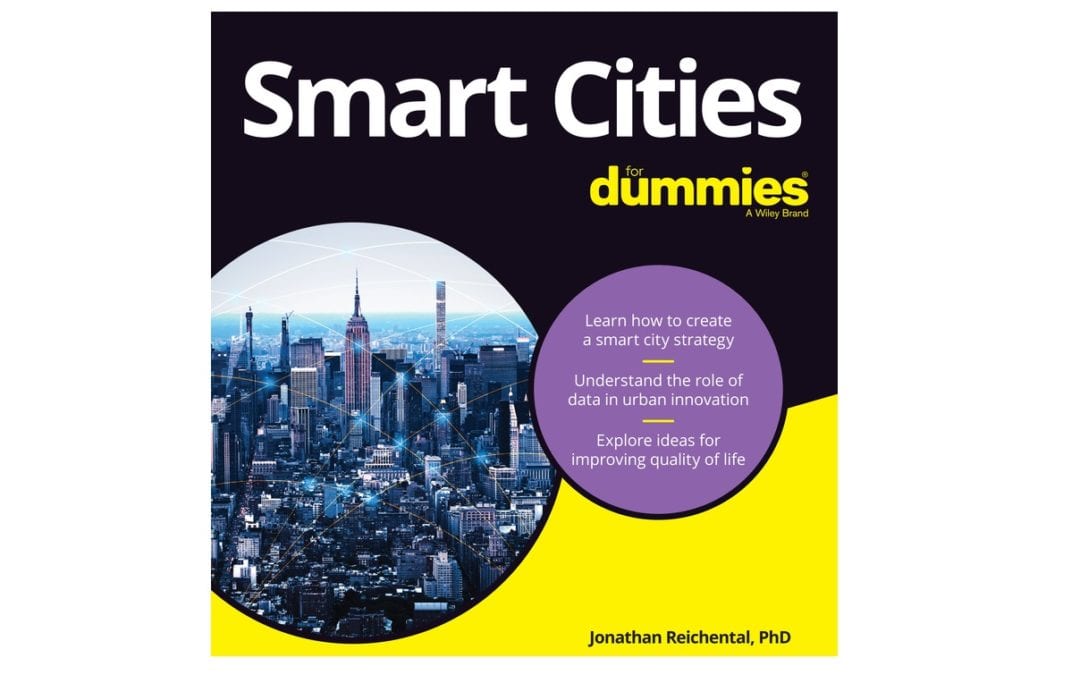
Smart Cities for Dummies – Jonathan Reichental
Paul Spain and Jonathan Reichental (former Chief Information Office, City of Palo Alto) discuss ‘Smart Cities’. Discussing how cities can be made better, including rebuild situations such as Christchurch to the changes to modernise existing cities.
Listen to the Podcast here:
NZ Tech Podcast
Paul Spain
Gorilla Technology
Free Tesla Supercharging
Special thanks to organisations who support innovation and tech leadership in New Zealand by partnering with NZ Tech Podcast:
Umbrellar Connect
Sumo Logic
HP
Samsung
Vodafone NZ
Spark NZ
Vocus

